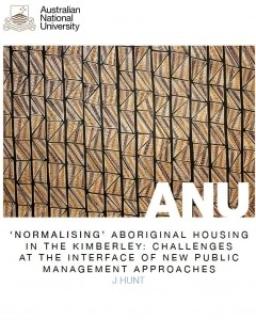
Abstract
The October 2022/23 Budget signals a shift to including a range of non-economic measures of progress and quality of life. During the COVID-19 period and into late 2022, there has been large changes in many wellbeing measures. The ANU Centre for Social Research and Methods (CSRM) has been documenting these and other changes in wellbeing as part of the COVID-19 Impact Monitoring Survey series. This paper describes the trends, variation, and determinants of wellbeing over the tumultuous period since COVID-19 first reached Australia and up until October 2022, with a particular focus on changes in economic wellbeing. Average hours worked per person are now above what they were pre-pandemic, and far fewer Australians are worried about losing their jobs than they were in 2017. Those who are most concerned about their job security are those in the middle part of the age distribution, those born overseas in a non-English speaking country, those with low education, and those with low income. In real terms, average household income is still below what it was pre-pandemic. The decline has been greatest at the bottom of the distribution, and lowest at the middle part of the distribution. As COVID-19 restrictions have eased, the factors that impact on a person’s life satisfaction have also shifted. In April 2020 there was no significant difference in life satisfaction between the middle and the bottom of the income distribution. By October 2022, a very large difference had opened up, and the difference between those at the top of the distribution and the middle had widened. This paper also shows that one of the key determinants of life satisfaction now is experiences of price increases.
File attachments
| Attachment | Size |
|---|---|
| Tracking_paper_-_October_2022_-_For_web.pdf(693.87 KB) | 693.87 KB |